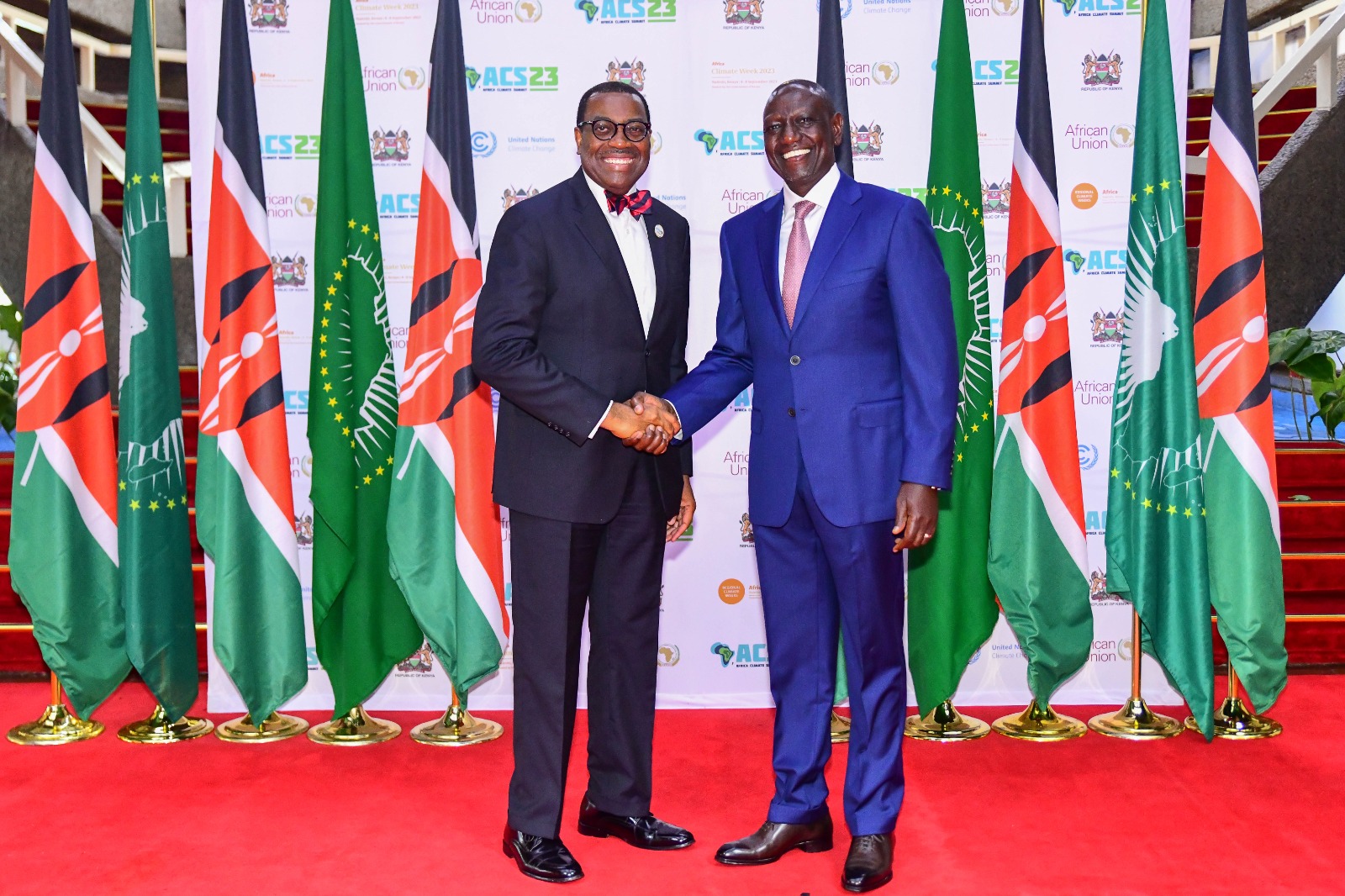As leaders gather in Nairobi for Africa’s historic first climate summit, Kenyan President William Ruto is using the platform to outline his vision for how the world’s least developed continent should approach this year’s crucial United Nations climate summit.
While African nations justifiably lament their minimal contribution to greenhouse gas emissions and the disproportionate impact of global warming on their populations, Ruto is urging the continent to position itself as a potential source of green energy.
President Ruto has been increasingly positioning himself as Africa’s climate champion. Alongside hosting the inaugural summit, the 56-year-old leader has spent his first year in office highlighting Kenya’s green achievements—92% of its power comes from renewable sources—and encouraging other African leaders to abandon fossil fuels.
He has also called for reform of the global financial system to secure the necessary funding for climate resilience and low-carbon development. This year, he has launched a campaign advocating for Africa to receive a larger share of revenue from carbon markets.
“We bear the brunt of the crisis despite contributing the least to global warming, but we have chosen to lead by putting forward solutions that also support development across our continent,” President Ruto expressed on social media platform X, formerly known as Twitter, during the summit’s opening day.
“Africa possesses ample renewable energy potential and resources to green its own consumption while significantly contributing to the global economy’s decarbonization.”
Certainly, it won’t be as straightforward for other African nations to emulate Ruto’s path. Kenya is blessed with abundant geothermal resources and lacks significant fossil fuel reserves, unlike oil-dependent economies such as Nigeria and Angola, as well as emerging gas producers like Mozambique and Senegal.
Senegal’s President Macky Sall and former Nigerian President Muhammadu Buhari have both emphasized Africa’s right to develop its hydrocarbon deposits.
Nonetheless, President Ruto’s calls have resonated across a continent with vast wind and solar potential to meet its energy needs many times over and an abundance of the green minerals required for the global energy transition.
An early draft of the summit’s declaration sets ambitious targets for increasing renewable energy production and advocating for a green pathway to the continent’s economic development, with the potential to supply Europe with green hydrogen and its derivatives in the future.
“This could mark a new beginning in the relationships between developed and developing economies,” noted Dileimy Orozco, a senior policy adviser at E3G, an independent climate think tank. “This could signal the intent of African leaders to shape rather than merely participate in the global financial system.”
While President Ruto encourages African nations to explore energy partnerships instead of relying solely on aid, the continent faces a substantial shortage of the climate finance it requires. This ongoing issue has fueled debates between wealthier and poorer nations at UN climate talks, and this dispute is likely to resurface at the COP28 climate talks in Dubai later this year.
A study from the Global Center on Adaptation estimates that Africa needs up to a tenfold increase in climate adaptation funding, reaching $100 billion annually, to fortify its infrastructure and safeguard agriculture against climate change.
Samuel Jinapor, Ghana’s Minister for Lands and Natural Resources, acknowledges the need for Africa to transition to greener energy and public transportation systems but points out the financial challenges. “All of these initiatives require funding,” he stressed.
Historically, developed economies have not fully honored their pledge to provide the developing world with $100 billion in annual climate finance by 2020, a promise made at a COP meeting in Copenhagen in 2009. Initially, wealthy countries responsible for the majority of historical emissions were expected to contribute.
However, Jinapor believes the pool of contributors should expand to include China, the world’s largest source of climate-warming gases.
“They should do more, and not just China,” Jinapor added. “BRICS, all of them, I believe, should play a role in mobilizing the needed financing to support and promote climate action, especially in the context of Africa.”
BRICS refers to the grouping of large emerging market economies, including Brazil, Russia, India, China, and South Africa.
Nevertheless, world leaders, especially in Europe, are hoping that Africa will seize this moment to industrialize in a climate-friendly manner. Germany and the Netherlands have been investing in green hydrogen development on the continent, as Europe seeks to diversify its energy sources following Russia’s invasion of Ukraine.
Barbel Kofler, the State Secretary to Germany’s Economic Cooperation Minister, views Africa’s proactive approach to climate solutions as a positive sign.
“That is something new and hopefully will steer the COP in a positive direction,” she remarked.




 Naira4 weeks ago
Naira4 weeks ago


 Naira4 weeks ago
Naira4 weeks ago


 Travel4 weeks ago
Travel4 weeks ago


 Jobs4 weeks ago
Jobs4 weeks ago
 Naira4 weeks ago
Naira4 weeks ago
 Naira3 weeks ago
Naira3 weeks ago
 Investment4 weeks ago
Investment4 weeks ago
 Travel4 weeks ago
Travel4 weeks ago

















